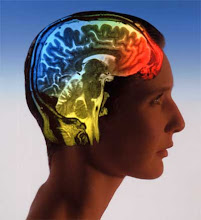One of you has been asking how to pick up A&E marks on questions where you are not evaluating a theory or research study.
I thought it would be useful to copy from the course arrangement document the SQA's description of what these marks should be awarded for, and this is in italics below. Three of the main points which you may not have realised:
You can get A&E marks for giving real-world examples
You can get A&E marks for explaining parts of a model and how they work together
You can get A&E marks for comparing and contrasting
Remember that A%E makes up 40% of the exam marks overall, but check carefully the mark allocation for each question before you answer it.
Analysis will involve, for example:
♦ explanation of components of a behaviour or mental process and the relationship between
these
♦ description of factors affecting behaviours and mental processes
♦ discussion of origins and development of behaviours and mental processes
♦ interpretation of research findings and conclusions in relation to relevant theory
♦ the ability to discuss psychological phenomena from alternative theoretical perspectives
♦ comparison of evidence from different cultural contexts
♦ integration of knowledge from different psychological areas, and of new information with
already-existing knowledge
♦ identification of common underlying themes, such as nature/nurture interaction; application
of knowledge in a new context, or in a situation in everyday life
Evaluation may include aspects of analysis as well as the ability:
♦ to weigh up the strengths and weaknesses of psychological theories, concepts, research
evidence, research methodology, and psychological applications
♦ to compare and contrast theories
♦ to discuss ethical issues in psychological research and applications
Subscribe to:
Post Comments (Atom)

No comments:
Post a Comment